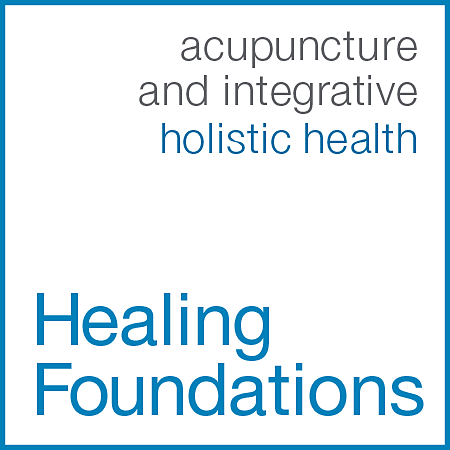As proponents and purveyors of holistic and drug free therapies, we've shared many posts on our Facebook page about the wealth of data supporting acupuncture as an effective treatment for pain– and for treatment of addiction. Unfortunately, in the United States, where eighty percent of the world's pharmaceutical opioid supply is consumed, the business of treating pain has led to some unfortunate consequences. "Opioid," usually paired with "Crisis" or "Addiction" is now commonplace in the headlines, but some recent news stories are revealing just how complex the challenges we face are– and how acupuncture may play a part in overcoming them.
The Illinois Department of Health and Human Services reports that in 2016 there were 1,826 opioid-related fatalities in our state alone. The effects of the opioid epidemic are most obvious in the numbers of overdoses and deaths, but a recent report by CBS News and the Washington Post reveals that when it comes to our country's issues with opioids, there may be a shared responsibility with manufacturers of legal opioids, and even lawmakers as well.
Across the country, law enforcement is charged with stemming the illegal use of drugs while facing tough questions about what to do with those addicted; balancing law with empathy in the face of hopelessness.
"We cannot arrest our way out of the problem, even though we’ve been trying," an Undersheriff in Northeast Florida is quoted as saying. With limited resources to tackle big problems locally, state governments are looking for more and broader solutions to assist in their efforts.
In September, the National Association of Attorneys General sent a letter signed by 35 state attorneys general to America's Health Insurance Plans, a political advocacy group that represents 1300 companies that sell insurance to 200 million Americans. The letter encouraged the organization to "take proactive steps to encourage [its] members to review their payment an coverage policies...to encourage healthcare providers to prioritize non-opioid pain management options over opioid prescriptions for the treatment of chronic, non-cancer pain." The group went on to name a number of "effective non-opioid alternatives" that includes massage and acupuncture.
This groundbreaking and unprecedented plea from states' leading law enforcement officers got little play in the national media, but it marks an important step in the legitimization of acupuncture and other proven holistic therapies.
This is the first time that a group of leading law enforcement officers has come together and publicly recognized the legitimacy of non-pharmaceutical treatments, and gone a big step further in asking insurance companies to provide coverage for acupuncture and other treatments not included in many insurance plans. This falls in line with news from last May; the Food and Drug Administration made recommendations that primary care physicians be knowledgable about complementary therapies, and be willing and able to discuss them with their patients.
Slowly, and out of necessity, acupuncture is becoming more mainstream and less alternative. In response to the decimation caused by the highly addictive nature of opioids and the proliferation of prescriptions for them, American doctors and hospitals are being forced to look outside their one hundred year-old traditions for responsible solutions that not only provide an alternative, but often serve patients better. Eventually, insurers will be forced to answer the call of law enforcement and healthcare professionals; to provide coverage for treatments that will help patients recover with less pain, without harm, and without addiction. It's just a shame that it took a national crisis to bring about that change.
Accessibility has and remains to be a major barrier between patients and effective, holistic therapies like acupuncture. If it isn't covered by insurance, it isn't a viable option for many people. Indeed, more insurance plans are including acupuncture coverage, albeit for limited applications. Healing Foundations began accepting insurance in 2016, and in just the past year more patients are finding their plans provide some coverage for some acupuncture treatments. If you're unsure if your health insurance plan covers acupuncture, visit HealingFound.com and look for the "verify your insurance" button, or click on this secure link to provide your insurance information to verify your benefits.
